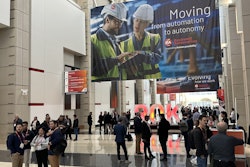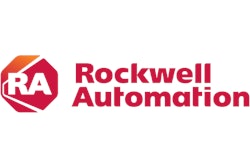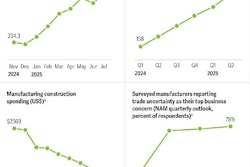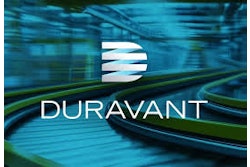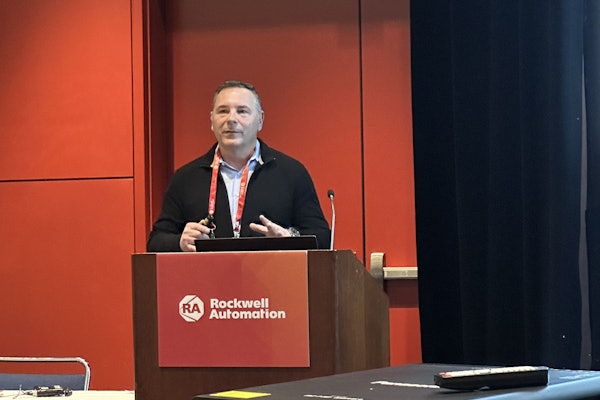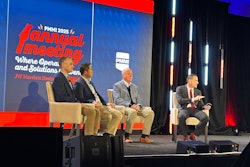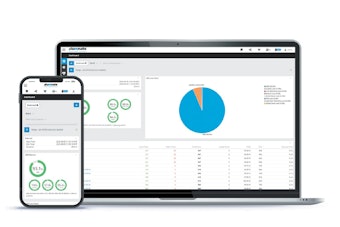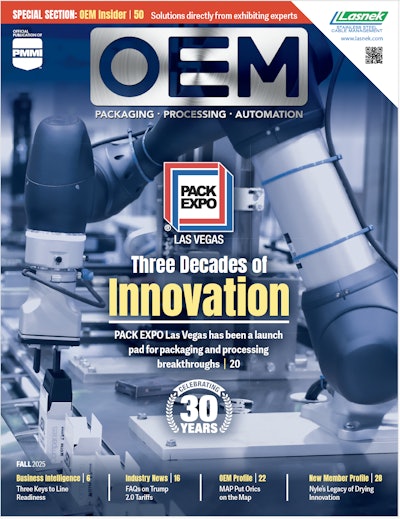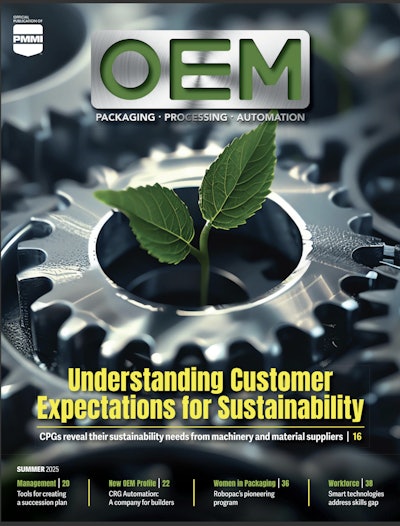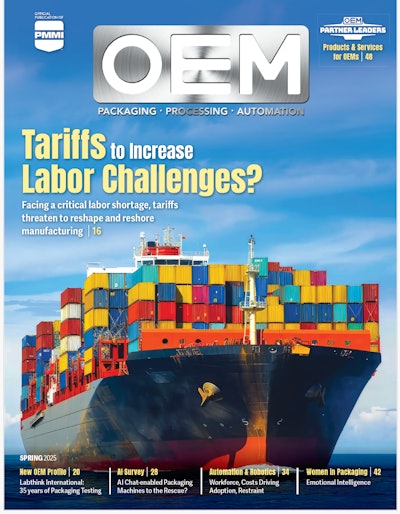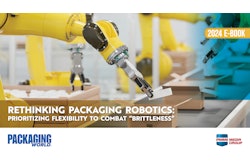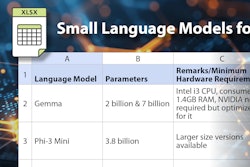At Rockwell Automation's Automation Fair, ProMach's Vice President of Business Process, Robert Cartia, offered a rare behind-the-scenes look at how one of the packaging industry’s largest OEMs is taking control of its digital future. The key message? When it came to AI, ProMach chose to build—not buy.
Upon Cartia's arrival at ProMach in April 2023, the global packaging technology company was already a packaging and processing behemoth with more than 250 divisions, 55-plus brands, and over 5,000 employees innovating across a highly decentralized operation. Add to that more than 150,000 machines in the field and a rapid acquisition cadence, “We’ve acquired about eight companies already just in my two and a half years here,” Cartia said, and ProMach’s technology landscape was only getting more complex.
The biggest challenge wasn’t hardware; it was data and the accelerating adoption of artificial intelligence.
“As I started traveling across the business, I kept hearing the buzz,” Cartia said. “Two divisions had already built their own homegrown AI assistants. Another was talking to an external vendor. I remember thinking, ‘This is going to get out of control quick.’”
That realization sparked the creation of ProMach’s AI program PARIS (ProMach Artificial Intelligence for Resource Information and Solutions) built deliberately in-house rather than purchased off the shelf.
Centralized risk across decentralized units
ProMach’s structure is unique. Divisions operate with autonomy but lean on corporate to coordinate best practices, technology standards, and governance.
That autonomy has long been celebrated as a strength before the rapid adoption of AI.
“If we didn’t step in with a program, we were going to have a proliferation of AI vendors,” Cartia said. “That means redundancy, inefficiency, lost cost-reduction opportunity, and real data privacy risks.”
The leadership team didn’t need convincing. “Before I even got all this out of my mouth,” Cartia recalled, “they said, ‘Yeah, go do that.’”
While many manufacturers look outside for AI platforms, ProMach chose a different path centered on flexibility, control, and security.
“When you build in-house, you can design the application around your business processes,” he said. “If you buy a black-box tool, you lose that flexibility. You end up having to build your processes around the tool.”
ProMach wanted the opposite. The company wanted AI to reflect how its engineers, service teams, and divisions actually work, not the other way around.
Homegrown AI
PARIS is a full-stack AI web application capable of pulling business data, engineering documentation, part numbers, machine information, and more through a controlled Azure/ChatGPT environment. It allows ProMach to create internal assistants and AI agents that not only search and summarize information, but also connect directly to SQL databases, document repositories, and eventually machine PLCs. It’s open architecture by design, enabling tailored assistants for engineering, aftermarket, marketing, and more.
“Every one of our divisions is now saying, ‘We want an assistant for the whole division. We want one for engineering. We want one for marketing.’ It’s really getting crazy,” Cartia said.
One of the standout elements of ProMach’s AI strategy is the close integration of cybersecurity.
“Data privacy is huge,” Cartia said. “The bad guys now have AI. If you’re not careful, you can hurt the valuation of your company.”
The company created strict vendor-assessment checklists, cybersecurity guidelines, third-party risk controls, and a central Digital Program Office (DPO) to review use cases and prevent siloed technology decisions.
The company now has more than 90 AI use cases identified, with more coming weekly. As PARIS continues expanding, new robotics committees, engineering groups, and digital governance practices are helping unify the organization.
It all aligns with ProMach CEO Mark Anderson’s philosophy, which Cartia quoted at the start: “We always invest in new technology, every single business, every single year.”
For ProMach, that investment now means owning its AI future—not buying it.


